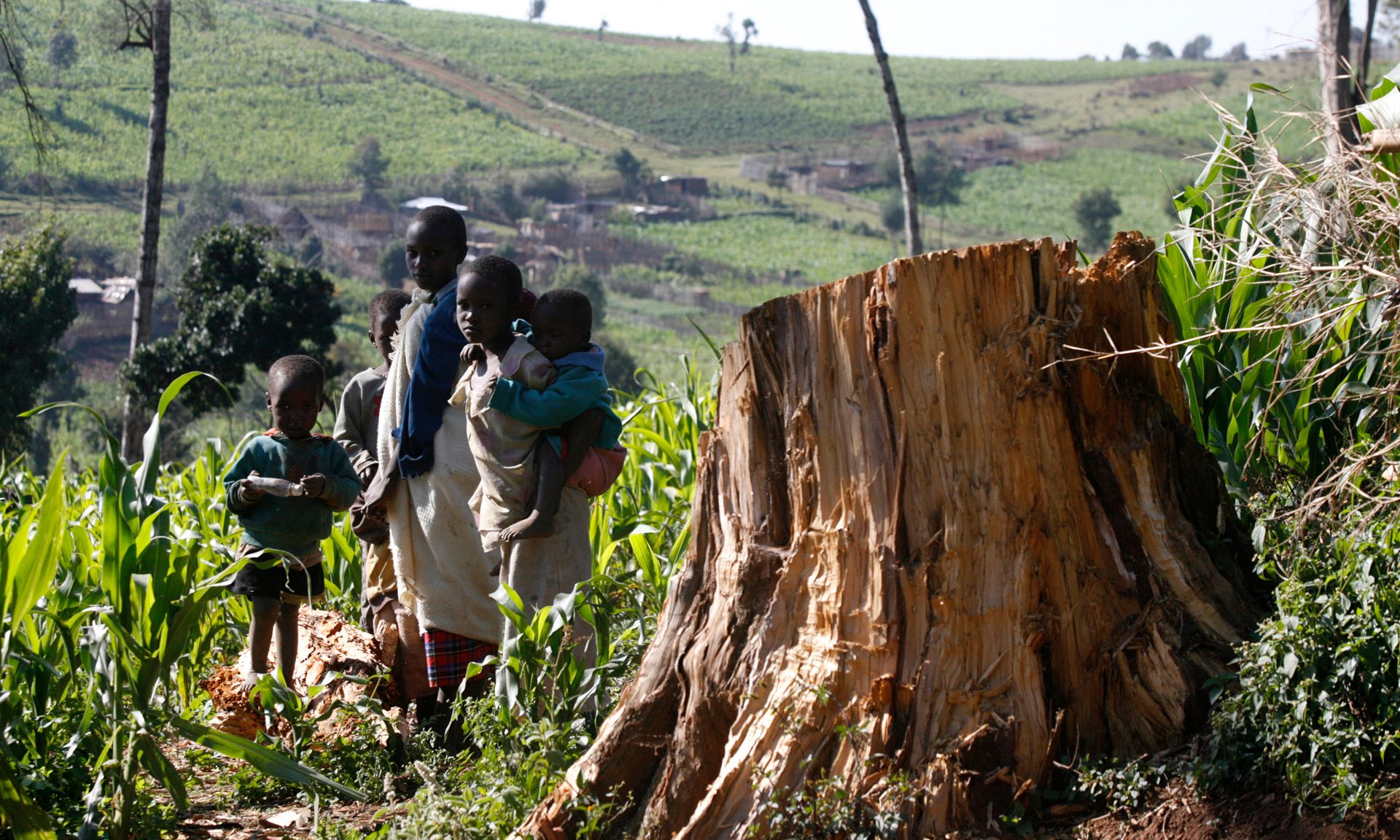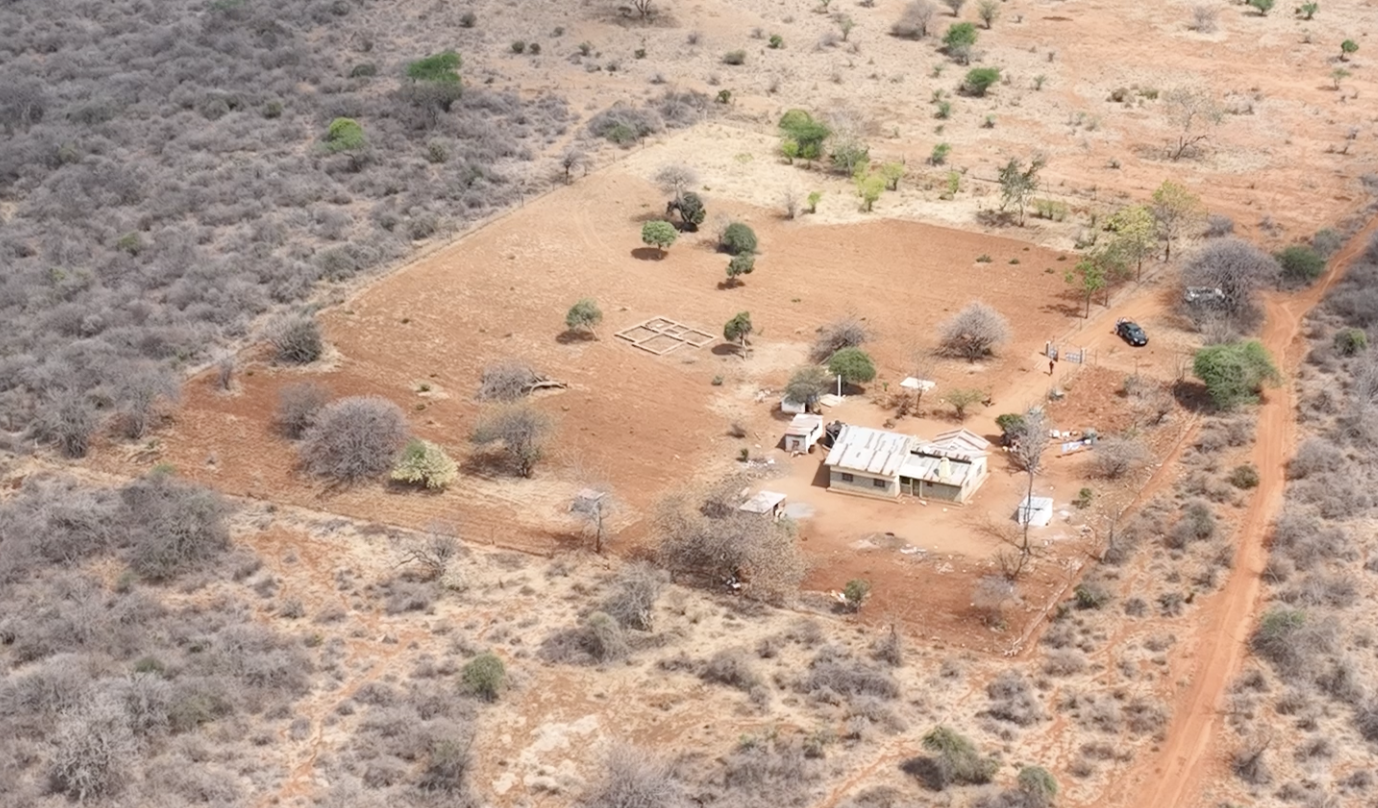
Ogiek tribe win land case against Kenya government

The African Court of Human and Peoples’ Rights has found the Kenyan government guilty of violating the cultural and economic rights of the Ogiek community by persistently evicting them from their ancestral land.
The Kenyan government will know in three months how much it has to pay the community for the continual evictions from the Mau Forest, Rift Valley.
The Ogiek are hunter-gatherers – some, in the deep forest, live purely by hunting and gathering, while the majority grow vegetables and also keep livestock.
They have traditionally hunted such animals as antelope and wild pigs, which is now generally illegal.
Through continuous evictions based on the notion that they are “degrading” the forest, they have become one of the first “Conservation refugees”. However many have called out the evictions, saying that when the Ogiek are removed their forest becomes exploited by logging and tea plantations.
The decision in court saw a unanimous ruling from the nine-bench judge to find the government guilty.
“The Ogiek population has a distinct way of life centred on and dependent on [the] Mau Forest Complex,” the judgment stated.
“As a hunter and gatherer community, they get their means of survival through hunting animals and gathering honey and fruits. They have their own distinctive traditions, clothing practicing rituals, medicine and values which distinguish them from other communities around and inside Mau Complex.”
The judges argue that based on evidence provided before the court, and which was not contradicted by the respondent, the Ogiek people have been peacefully carrying out their cultural practices until their territory was encroached upon by outsiders and they were evicted.
“Even in the face of this, the Ogiek still continue to undertake their cultural activities — traditional weddings ceremonies, folklore and still maintain their clan boundaries in the Mau Forest and each clan ensures the maintenance of the environment within the boundaries it is allocated,” said the judges.
The Kenya government in its defence had submitted that the Ogiek people had evolved on their own by adopting different cultural identities and that the eviction measures were aimed at preventing adverse environmental impact on the Mau Forest caused by the some of the lifestyle and cultural practises of the Ogiek.
However, the judges disagreed and stated that some of the new lifestyles, such as different clothing, have been imposed on the Ogiek after they were uprooted from their natural dwelling.
The judges said the indigenous population all over the world are often affected by activities of other dominant communities and development projects due to their vulnerability stemming from their low numbers or way of life.
“In this one ruling, the court has both affirmed the Ogiek’s right to live freely on their ancestral land, and proved to the continent that regional justice mechanisms work.
“But a ruling is not enough, it must be respected. The Kenyan government must now implement the ruling and let the Ogiek live freely on their ancestral land,” the court said.






